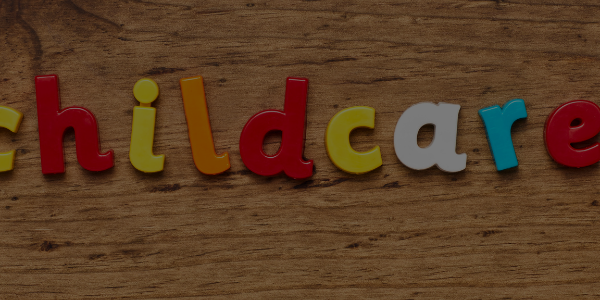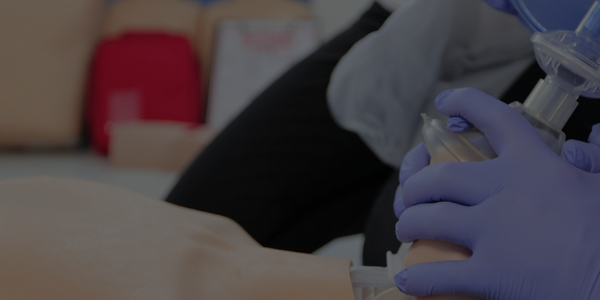A drug overdose is the use of any drug in amounts that exceed its prescribed instructions, which can be fatal. Use of more than one drug, which may interact with each other, can also increase the risk of overdose.
Drug overdoses are not uncommon, but they are serious. Overdose can cause permanent damage to your liver and brain or even death
Drug overdose is a major cause of preventable injury and death. An overdose occurs when a person uses enough of a drug to produce serious adverse effects, life-threatening symptoms, or death.
Any drug, illicit or prescription, can lead to an overdose. Overdose rates are highest for opioid drugs, including heroin and prescription pain pills. The combination of opioids and benzodiazepines (prescription anti-anxiety medications) can be especially deadly.
Signs and symptoms of a drug overdose might include:
- being unusually sleepy
- having trouble breathing
- being unconscious
- having pinpoint pupils
- throwing up (vomiting)
- seizures
Taking more than one substance at once can be especially dangerous because each drug will cause its own set of side effects and each can interact with other substances differently.
Drug overdoses can also result from taking too much of a medication prescribed by a doctor. Medication overdoses account for about one-third of all overdoses.
Drug overdoses are largely preventable, so it’s important to know the signs and symptoms of an overdose and how to respond in case one happens.
2 Types of Drug Overdose
- Unintentional overdoses happen when someone takes too much of a medication that has been prescribed to them, or when they take someone else’s prescription medication.
- Intentional overdoses occur when someone purposely takes more than the medically recommended dose of a medication. In addition to having high rates of mental illness, people who have committed an intentional overdose often have histories of both physical and sexual abuse.
Please note that regular First Aid and CPR Training is the best way to make sure that you’re prepare in the case of an emergency. Book a course with us!
Find this article useful? Read more of our blogs here!





